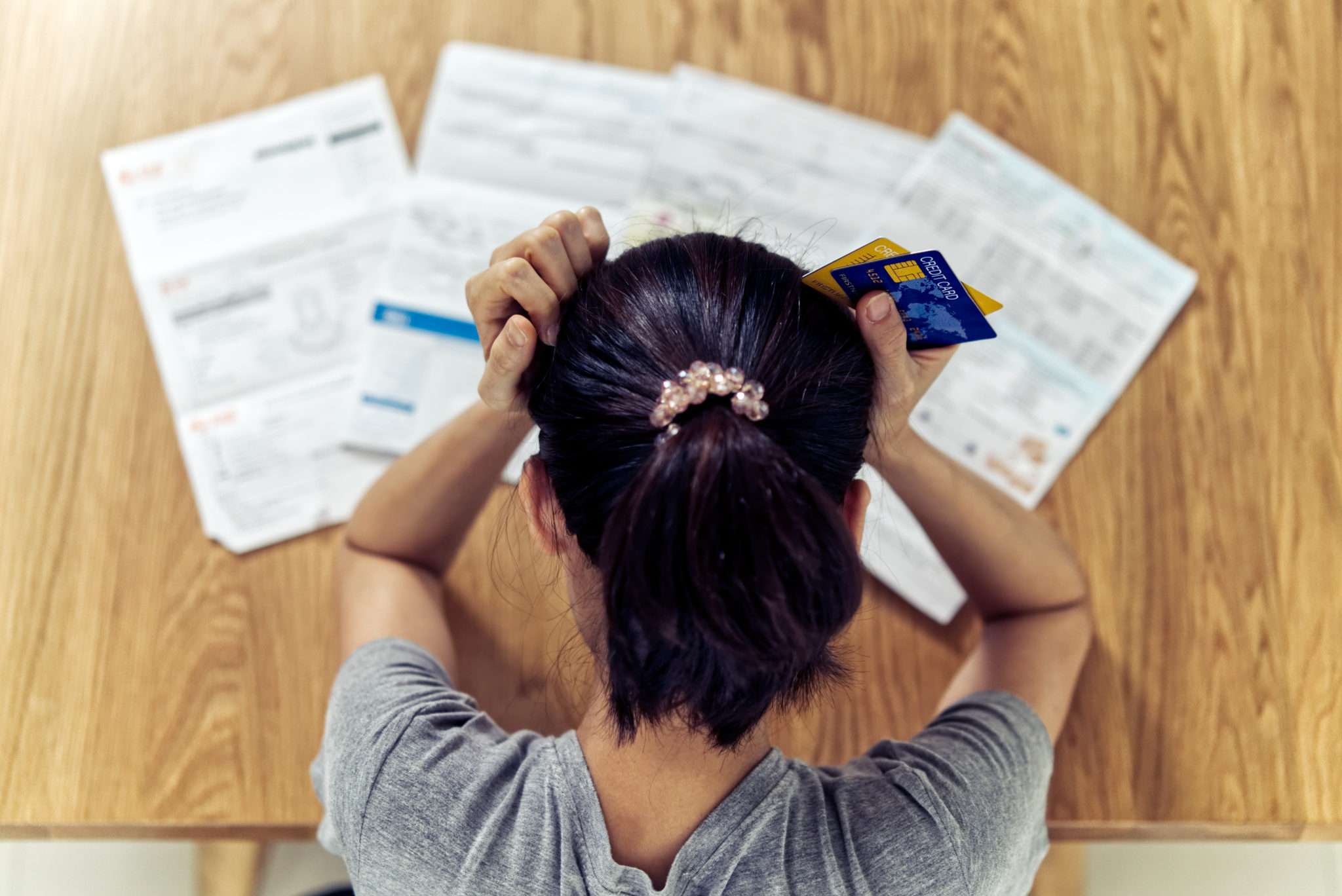Bankruptcy may be viewed negatively by creditors, but to the individuals and businesses who need a fresh start, it’s a life-changing tool for financial freedom. Chapter 7 is the most common form among individuals because of its speed and accessibility. Unfortunately, many people who file don’t know or cannot advocate for their rights against collectors during the process. Here, we’ll look at the conditions surrounding Chapter 7 bankruptcy and the action consumers can take to protect themselves.
Background on Chapter 7
The terms of bankruptcy are not one size fits all. Each of the six types laid out in US Bankruptcy Code has unique features that don’t apply to other categories. To qualify for a Chapter 7 release, a group or individual must satisfy these requirements:
- Low monthly income: your household income must be lower than the median income of your state. Some cases invoke a “means test” to identify if your disposable income could pay the minimum payments to unsecured debts.
- Attend credit counseling: The process for filing begins long before any paperwork. Debtors have to attend a certified course from an approved credit counselor 180 days prior to filing.
- Previous cases not tossed: If you had a previous filing but your claim was denied (tossed out), you must wait 181 days before refiling.
If the courts approve your application, you can expect things to move quickly. In North Carolina, bankruptcy courts appoint a “case trustee” to administer the process impartially. He or she will determine whether a debt is eligible for clearing, what possessions you might forfeit, and other terms that vary from case to case. After the process is complete, you’ll find that credit card, medical and in some cases personal debts are expunged. Generally, individuals who file for Chapter 7 see the removal of 99% of debt. This is known as bankruptcy “discharge”, not to be confused with the opposite ruling of “dismissal”. In a dismissal, your case is terminated and your debts remain.
Harassment Over Discharged Debts
The concept of creditor harassment might not be new to someone who has filed for bankruptcy. It’s likely that a debtor is accustomed to the constant barrage of contacts from collectors and thinks nothing of it throughout the process. But from the first day you file, you have an “automatic stay” for all debts. This means creditors may not contact you by any means about the amounts in question. After receiving a Chapter 7 discharge, the automatic stay becomes permanent.
It is illegal for collection agencies to attempt to collect a discharged debt.
Once you have initially filed, it may take some time for the proper agencies to update their information. You may also have to notify specific collectors- they have a right to ask about the filing status. Anything beyond that is in violation of the Fair Debt Collection Practices Act (FDCPA) and the North Carolina Debt Collections Act (NCDCA).
Next Steps
There are many reasons a collector may continue to contact you. For example, the collection agency’s records are not updated, the collector purchased the debts from someone else and has no follow up information, or perhaps they are intentionally breaking the law. If, after you have informed your creditors of the discharge, they do not relent you have recourse.
In the event that a collector violates these terms, take the following action:
- Familiarize yourself with the exceptions. There is a lot of information to take in when filing for bankruptcy and each case is different. As a general rule, it is good to know which debts are exempt and which are not. Medical debt, for example, is the most frequently discharged debt under Chapter 7. But personal loans are a little trickier. Read more about exempt and non-exempt assets here, and determine whether this applies to you.
- Document the communication. Keep all records of contact including mail, texts, emails, calls, voicemails and those sent to your loved ones about your debt. Having proof of that nature gives you a stronger argument.
- Contact a consumer protection attorney. Your attorney will determine the legality of the collection attempts.
- In some cases, go back to court. If, for whatever reason, the communications continue, you may ask the court to sanction the creditor.
As demonstrated, there are a number of complexities in the bankruptcy process that make it difficult identify violations. But it’s important to understand that a stay, whether automatic or permanent, means that under no circumstances can a creditor attempt to collect.
Representation for Chapter 7 Bankruptcy Harassment
The consumer protection attorneys at Maginnis Howard regularly represent clients on unfair debt collection cases. However, our firm does not offer any bankruptcy filing services.
For a legal team you can trust, contact the experienced attorneys at Maginnis Howard. Our results speak for themselves, and our clients are our number one priority. Reach us by phone at (919) 526-0450, by email info@carolionalaw.com, or through our contact page.






